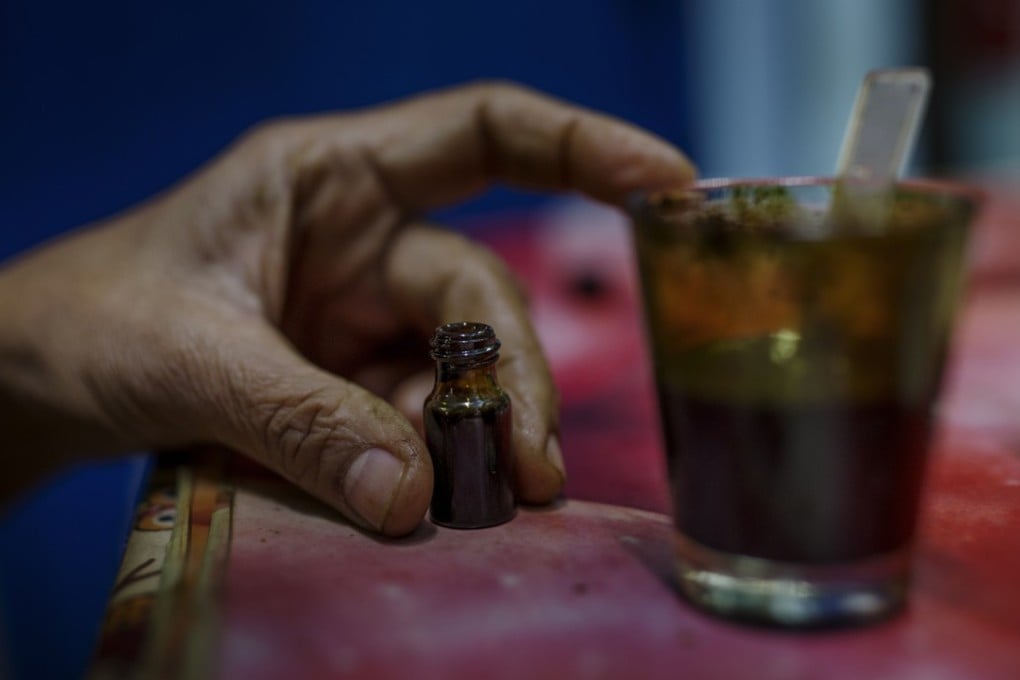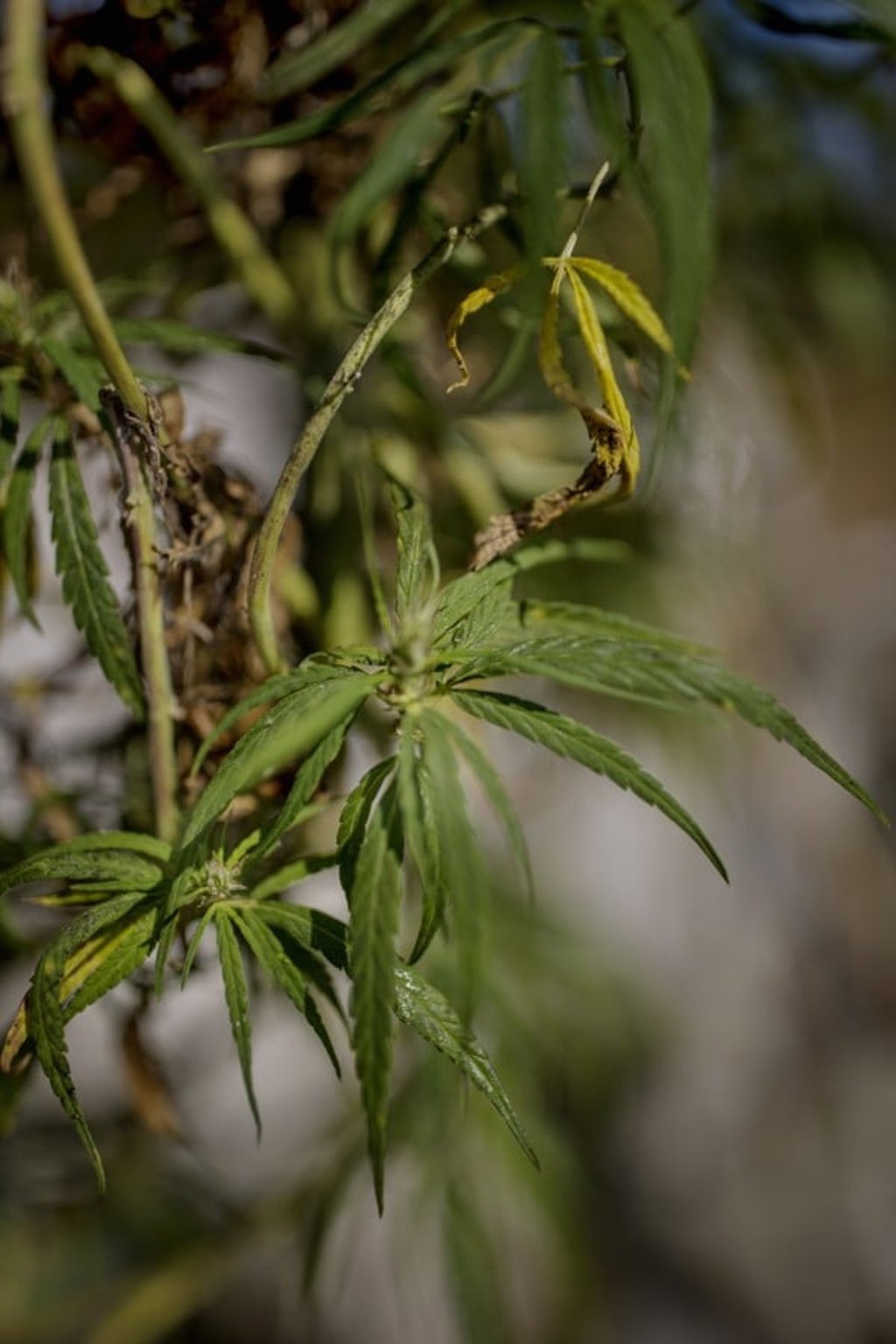Could Thailand, which gave world the bong, legalise cannabis for medicinal use? After failed war on drugs, attitudes have softened
Thaksin Shinawatra considered legalising marijuana, and recently a justice minister aired same idea, amid mounting evidence of its medicinal benefits. If it happened, it could be a game changer for drug policy in Southeast Asia

It’s early spring, and the splendour peach and guava blossoms bestow on the plantations and orchards in this part of northern Thailand is still a few weeks away. But some would see beauty already, in a huddle of chest-high plants draped with thin, white garden cloth for protection.
For here – in the middle of a field in a valley outside the city of Chiang Mai – grow the first cannabis plants cultivated openly in the country for many years.
In the 1980s, Thailand was a leading exporter of the plant and its narcotic bounty. With American encouragement, the trade was extinguished, but lately attitudes have been changing in both countries. The specimens at the Royal Agricultural Station Pang Da and in surrounding commercial plantations are hemp and low on the psychoactive constituent tetrahydrocannabinol (THC). They will be used mainly for their fibre and nutritional oils.
However, more potent variants, grown for recreational as well as medicinal purposes, could be introduced if plans to fully legalise the plant are realised, perhaps marking a turning point for Southeast Asia, where drug policies rank among the harshest in the world, and indeed for the whole of Asia.

However, an increasing number of countries are reconsidering this approach. To lock up drug offenders has proven both costly and ineffective. Instead, the trend is towards health care and harm reduction.
Southeast Asia remains an exception, however. In Singapore, cannabis users risk up to 10 years in prison. Smugglers in Indonesia are executed, no matter where they are from or how hard their governments fight for their reprieve. And between June last year and February, an estimated 7,000 people were killed in the Philippines for alleged involvement in the illegal drug trade. Most were shot in the street, with the government’s blessing.